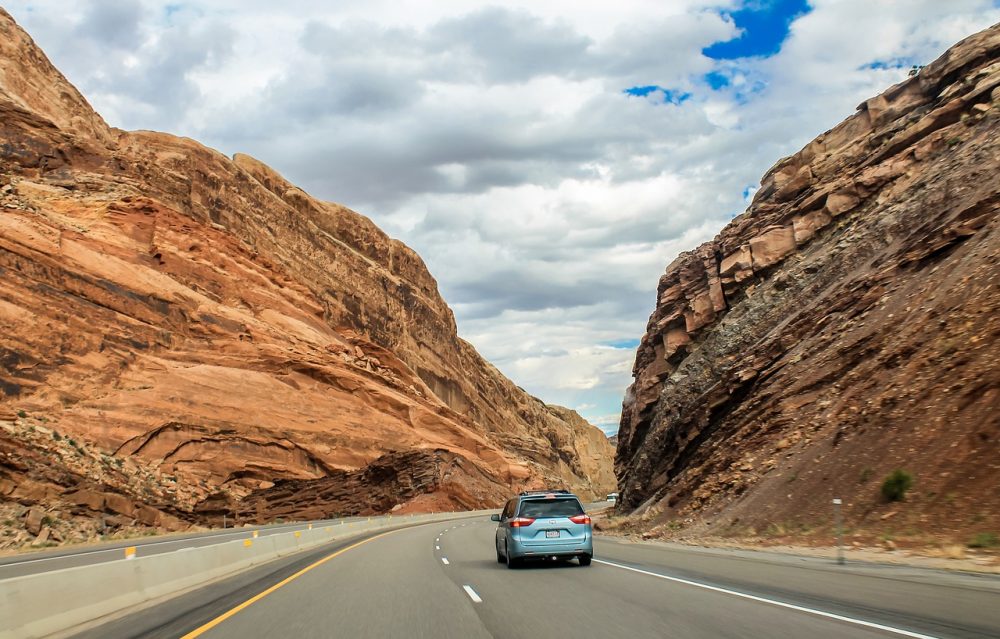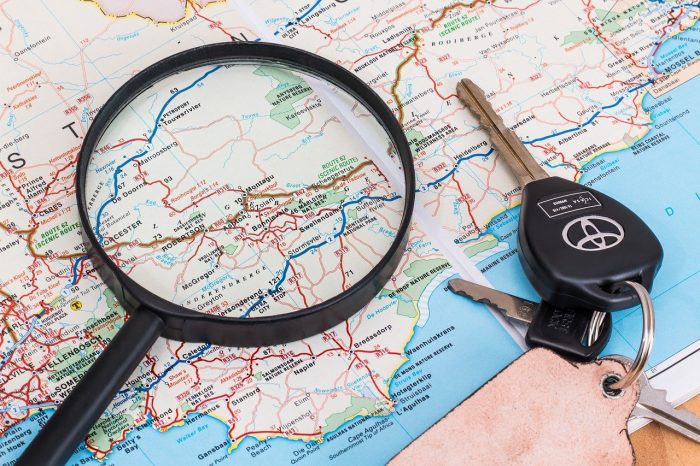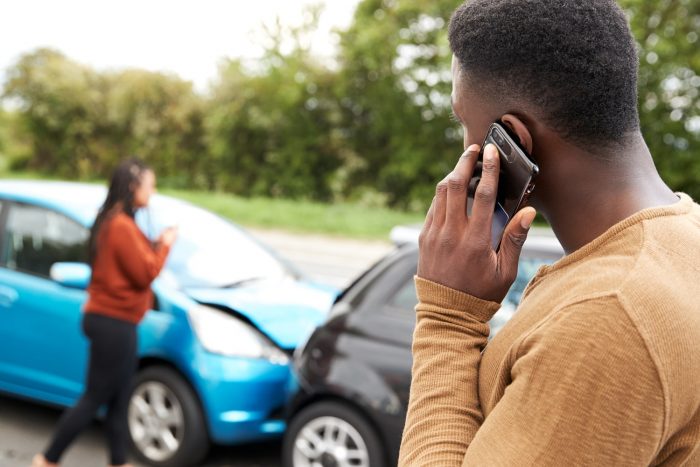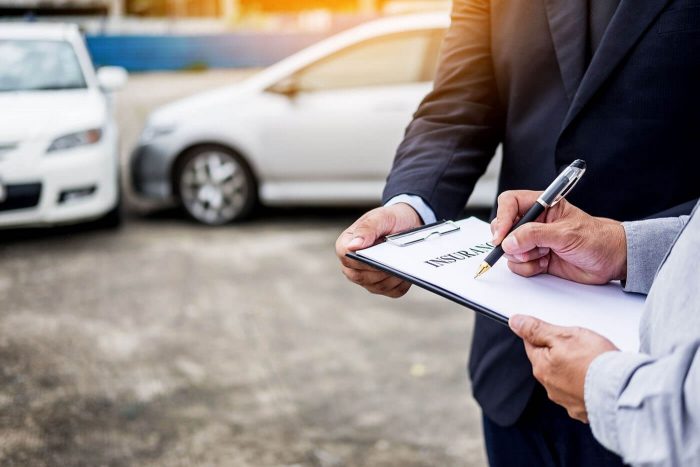
Going on a road trip is one of the best things to experience in your lifetime. The calming and steady breeze that blows past your face as a passenger is highly stressed, relieving, and calming. Something about constant and smooth motion puts us in a comfortable daze.
We’ll if you’re in the driver’s seat, it is exciting to have the power to step on the gas and feel the entire vehicle glide in the air on an empty road. Road trips are great recreational activities to do, but they can also be teachers of life lessons.
A road trip is an extended version of a miniature lifetime in a sense. The trip starts slow and uncertain; certain rocky paths are sometimes inevitable; we get off in a few places to take a break and look at the sights, enjoy the best stretches of roads that come across us, and we strive to move forward no matter what.
Moreover, just like in life, the best part about the road trip is not the destination itself but the journey. In the end, we finally come back home, slightly gloomy about the trip ending but satisfied and content for having a journey this good. Visit Keller & Associates to seek assistance in regard to road trips and any other particulars.
All the highly attractive things about a road trip aside, we should not avoid the fact that road trips come with their dangers. In this article, we’ll talk about the various things you need to know about getting car insurance while going on a road trip. With that being said, let’s get in!
1. What Is Car Insurance?

The word insurance means to back something up or reinforce it in a way. You might be the safest driver out there, but that still does not guarantee a safe return. Not to sound gloomy, but that is the truth.
Although you could walk away without a scratch, there’s a high likelihood that your car could take a lot of damage. We all know how expensive maintaining vehicles is, and it is no joke to pay to fix and repair them. This is where car insurance steps into the picture.
Car insurance is a premium paid regularly that will aid you when your car suffers damage. With that being said, there are a few types of insurance coverages you need to know, and the first one that we’ll be starting with is Liability insurance.
2. Liability Insurance

Liability is the one type of insurance everyone must carry. It protects other people when you’re responsible for an accident. There are two sides to liability coverage. Bodily injury coverage and property damage coverage.
Physical injury liability insurance pays medical bills, and it can also compensate people for lost income, pain, and suffering. Property damage liability insurance pays to repair or replace other people’s vehicles that you’ve damaged. It can also cover the cost of fixing fences and different kinds of property that you may run into.
3. Collision Insurance

Collision insurance protects your vehicle after an accident, even if you’re the one at fault. You will be required to buy it if you use a loan or lease to obtain your vehicle; otherwise, getting this protection for your car is your choice.
4. Comprehensive Insurance

Comprehensive insurance protects your car against damage not caused by accidents such as theft, falling objects, or natural disasters. It’s usually purchased in combination with collision insurance, and like collision insurance, you’ll be required to get it if you have a loan or lease.
5. Uninsured Trouble Makers

Firstly, going on a road trip without car insurance is not the best idea to proceed with. Although, some people do, and they’re just as susceptible to accidents as others. With that being said, let’s take a look at how uninsured vehicles are likely to get coverage.
What happens if you’re harmed by a driver who doesn’t have enough insurance to cover all of your losses? You’re out of luck unless your policy includes uninsured or underinsured motorist coverage. Depending on where you live, you may be required to get this type of insurance even if it’s optional as it’s very affordable and provides important protection.
Now let’s talk about medical bills. If you’re injured in an accident, they can stack up fast, but personal injury protection coverage, sometimes called no-fault insurance, can help with these costs. It makes your medical bills get paid quickly no matter who is at fault, and it helps with other expenses like lost income, child care, or even a funeral.
Personal injury protection is mandatory in 15 US states but even where it’s not required. You may still be able to purchase it. In some states, there’s a different form of insurance for medical expenses. Medical payments coverage or med pay is similar to personal injury protection but is more limited in scope.
Unlike personal injury protection, it won’t pay for lost income or most other non-medical expenses, but it does cover accident-related medical bills for you and your passengers. Supplementing additional insurance coverage by paying any deductibles and copays they may have, med pay will cover funeral expenses.
Conclusion
Like we said, going on a road trip can be very fun and enlightening. But the best option to go with should be to make sure that you go safe and securely. There are risks that surround us all the time and like they say, “Better safe than sorry.” So make sure to get your car insurance paid up and happily head off on a road trip with no worries. Oh and also, happy journey!








